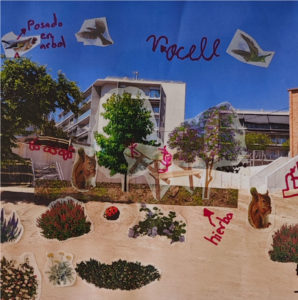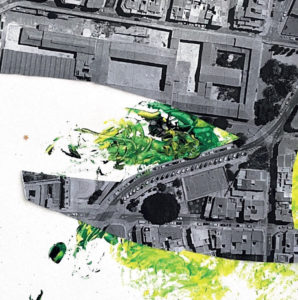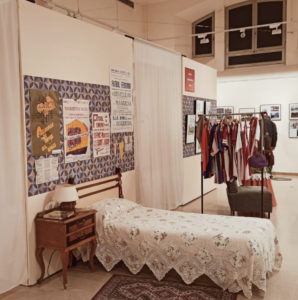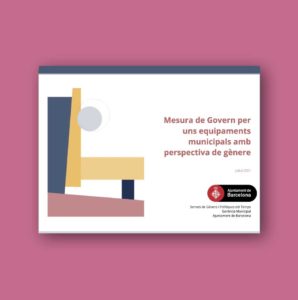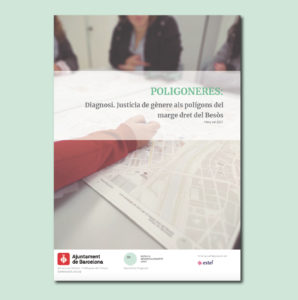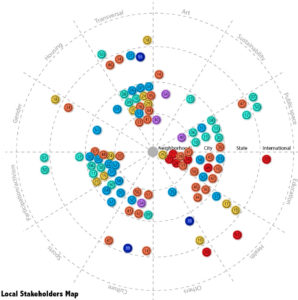

Urban pedagogy addresses various entities and institutions such as educational centers, universities, administrations, and associations. Through this service, it promotes awareness and citizen participation in the management of public space and cooperative urbanism. Through workshops, lectures, and practical activities, the cooperative provides knowledge and tools to encourage learning about the importance of public space and its influence on people’s quality of life. This service aims to involve and empower participants, inspiring them to become active agents in the transformation of towns and cities towards more inclusive, sustainable, and participatory models.
Throughout this professional and emotional journey, which we have woven with different individuals, teams, administrations, and institutions we have collaborated with, we have gained learnings and experiences that we do not hesitate to share whenever we can.
This collective knowledge is a living, growing, and changing archive that we spread in the places and ways listed below.

